
It grows everywhere, but this stunning plant hides a dark and dangerous secret… 💬👀
Datura Stramonium: Deadly Herb or Hidden Healer?
Datura stramonium—better known as jimsonweed, thorn apple, or devil’s trumpet—is a plant wrapped in mystery, awe, and fear. With its striking white or purple trumpet-shaped blossoms, it looks almost ornamental. Yet beneath this beauty lies one of the most controversial herbs in history.
On one hand, Datura has been used for centuries in Ayurveda, Native American healing, and even medieval Europe as a sedative, pain reliever, and ritual plant. On the other, it has been responsible for thousands of poisonings worldwide. In India alone, between 1950 and 1965, over 2,700 deaths were linked to accidental or intentional Datura ingestion.
This paradox exists because the plant is packed with powerful tropane alkaloids—atropine, hyoscyamine, and scopolamine—compounds that can bring therapeutic relief at carefully controlled doses, but trigger hallucinations, delirium, organ damage, or even death when misused.
So, is Datura stramonium a natural medicine worth exploring, or a botanical danger best avoided? Let’s uncover its top five scientifically noted benefits—alongside the life-threatening risks that demand extreme caution.
What Is Datura Stramonium?
Datura stramonium belongs to the nightshade family (Solanaceae), which also includes tomatoes, potatoes, and belladonna. It grows wild across the globe, flourishing along roadsides, fields, and wastelands. Every part of the plant—the leaves, seeds, and flowers—contains alkaloids that affect the nervous system.
Historically, it has been:
-
Burned and inhaled to ease asthma and breathing problems.
-
Used in poultices for pain, wounds, and inflammation.
-
Consumed in rituals to induce visions and altered states.
But unlike milder herbs, Datura’s potency is wildly unpredictable. The concentration of its active compounds changes with the season, soil, and even the age of the plant, making “safe” dosing almost impossible without laboratory precision.
Top 5 Unexpected Benefits of Datura Stramonium
Despite the dangers, controlled studies have uncovered potential uses for this enigmatic plant. Here are five of the most researched benefits, always requiring strict medical supervision:
1. Asthma & Respiratory Relief
-
How it works: Alkaloids like scopolamine act as bronchodilators, relaxing airway muscles.
-
History: In the 19th century, people smoked dried Datura leaves to relieve asthma attacks. Henry Hyde Salter, a physician, documented its effectiveness.
-
Modern evidence: A 1979 Thorax study confirmed bronchodilator effects, though safer medicines have since replaced it.
Safe-use insight: Never self-smoke or brew Datura. Safer bronchodilators are widely available.
2. Pain Relief & Muscle Relaxation
-
How it works: Hyoscyamine and other alkaloids provide antispasmodic and analgesic action.
-
Traditional uses: Poultices or pastes applied to joints and muscles for pain relief.
-
Study highlight: A 2012 article in Asian Pacific Journal of Tropical Biomedicine confirmed its potential for easing cramps and spasms.
Safe-use insight: Topical use in controlled doses may be safer, but only under expert guidance.
3. Antimicrobial & Anti-inflammatory Properties
-
How it works: Flavonoids and alkaloids in the leaves fight bacteria and fungi.
-
Research: A 2021 study in Antioxidants found ethanolic leaf extracts effective against pathogens like Staphylococcus aureus.
-
Traditional link: Used for rheumatism and swelling in Indian and Ethiopian folk medicine.
Safe-use insight: Promising for lab-based drug development, but unsafe for DIY remedies.
4. Healing for Skin Conditions
-
Traditional practice: Crushed leaves mixed with sesame oil applied to boils, ulcers, or earaches in rural India.
-
Why it works: Antimicrobial compounds reduce infection; anti-inflammatory alkaloids calm irritation.
Safe-use insight: Even topical use carries risks due to absorption through the skin. Professional supervision is non-negotiable.
5. Sedative & Sleep Aid
-
How it works: Alkaloids such as scopolamine act on the nervous system, producing sedative and anxiolytic effects.
-
Evidence: A 2021 study (PMC) on Datura metel seeds showed reduced sleep latency in rats.
-
Cultural use: Employed in some traditions to calm anxiety or induce deep sleep.
Safe-use insight: Far too risky for self-treatment; safer herbs like chamomile, valerian, or lavender are better alternatives.
Summary Table
| Benefit | Key Compound | Potential Use | Source |
|---|---|---|---|
| Asthma Relief | Scopolamine | Bronchodilator | Thorax, 1979 |
| Pain Relief | Hyoscyamine | Analgesic, antispasmodic | Asian Pac J Trop Biomed, 2012 |
| Antimicrobial | Alkaloids, flavonoids | Fights pathogens | Antioxidants, 2021 |
| Skin Healing | Alkaloids | Wounds, infections | Ethnobotanical records |
| Sedative | Scopolamine | Sleep induction, anxiolytic | PMC, 2021 |
Critical Risks of Datura Stramonium
While the benefits sound enticing, the dangers often outweigh them. Datura poisoning is well-documented in both medical literature and folklore. Key risks include:
-
Severe hallucinations & delirium – vivid, uncontrollable, often terrifying; sometimes lasting 72 hours.
-
Anticholinergic syndrome – dry mouth, dilated pupils, rapid heartbeat, seizures, and potentially coma.
-
Organ damage – liver, spleen, and brain damage in animal studies.
-
Accidental poisoning – mistaken for edible plants or spices, especially seeds.
-
Drug interactions – amplifies risks when combined with heart or nervous system medications.
Even brief skin contact may cause toxicity; ingestion is far more dangerous.
Safe Use Guidelines: Extreme Caution Required
-
Never self-treat – always consult a qualified doctor or herbalist.
-
Avoid ingestion – teas, seeds, or smoking are extremely hazardous.
-
Handle carefully – wear gloves to avoid skin absorption.
-
Keep secure – store away from children and pets.
-
Know the symptoms – confusion, hallucinations, rapid pulse, fever, or dilated pupils = emergency care.
-
Safer alternatives exist – for asthma (inhalers), pain (NSAIDs), or sleep (herbal teas).
Who Should Avoid Datura Completely?
-
Pregnant or breastfeeding women.
-
People with heart disease or arrhythmias.
-
Those with glaucoma (worsens eye pressure).
-
Individuals with mental health conditions like psychosis.
-
Children—where even tiny amounts can be fatal.
Real-Life Case: Poisoning in India
In 2020, a family accidentally cooked Datura seeds thinking they were spices. Within hours, they suffered hallucinations, delirium, and rapid heartbeats. Fortunately, hospital care (including activated charcoal) saved them, but the case highlighted how easily mistakes can turn deadly. (Current Health Sciences Journal, 2020).
Final Takeaway
Datura stramonium is a plant that fascinates healers and scientists alike—but it is not an herb for casual use. While research points to real pharmacological potential, its narrow margin between medicine and poison makes it one of the most dangerous botanicals known.
If you are curious about natural remedies, explore safer herbs with strong safety profiles first. Let Datura serve as a reminder: nature’s pharmacy is powerful, but not always forgiving.
News in the same category


Goodbye, Blood Sugar! A Simple Natural Drink That Helps Balance Glucose Levels
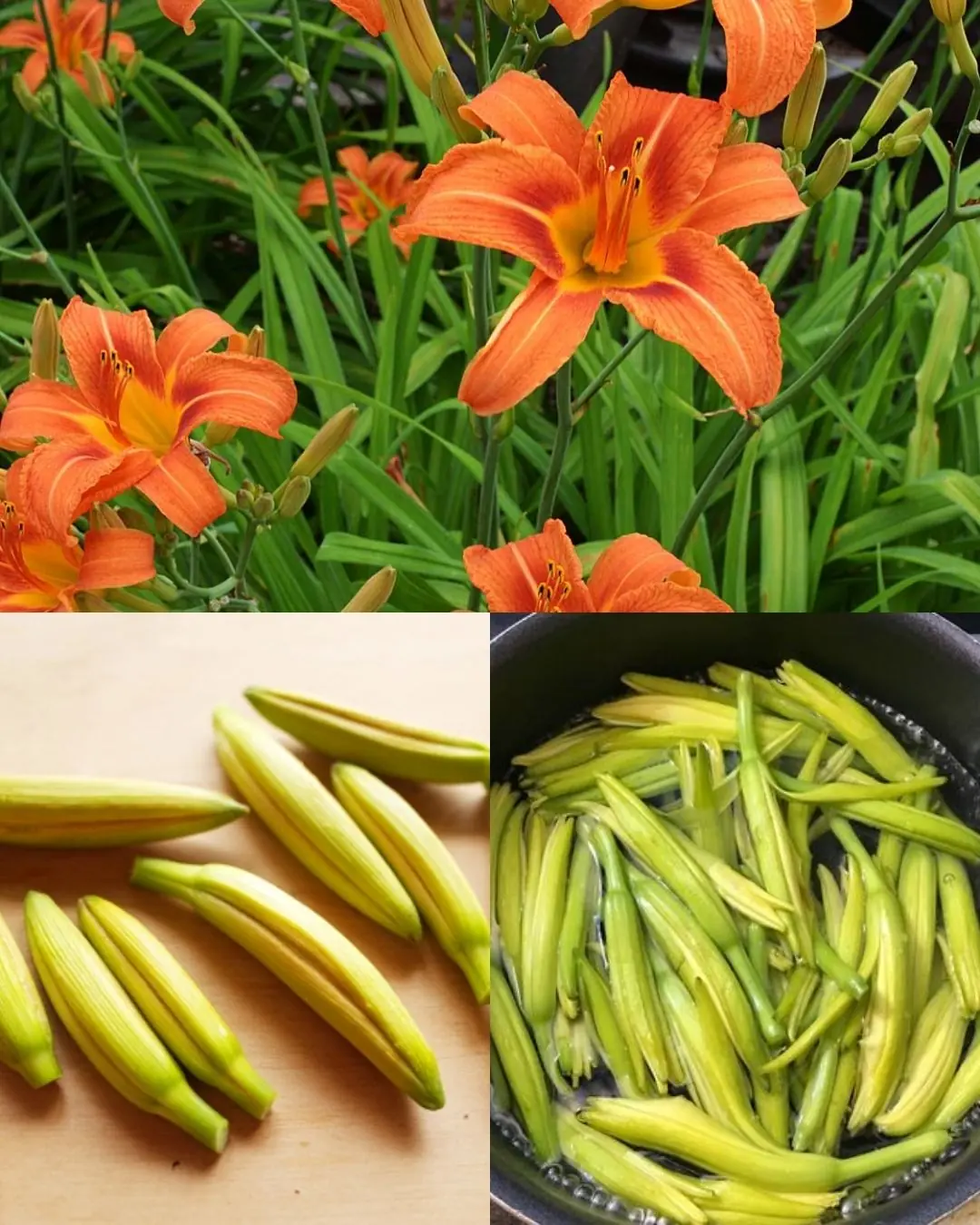
You Thought This Flower Was Just Decorative – Think Again…

Never Throw Away Strawberry Leaves: 17 Powerful Reasons Your Whole Family Will Need Them.

🌱 Discover Papaya Seeds: Nature’s Tiny Powerhouse for Total Wellness

The Magic of Lemon Juice and Activated Charcoal: Natural DIY Solutions for Skin and Teeth
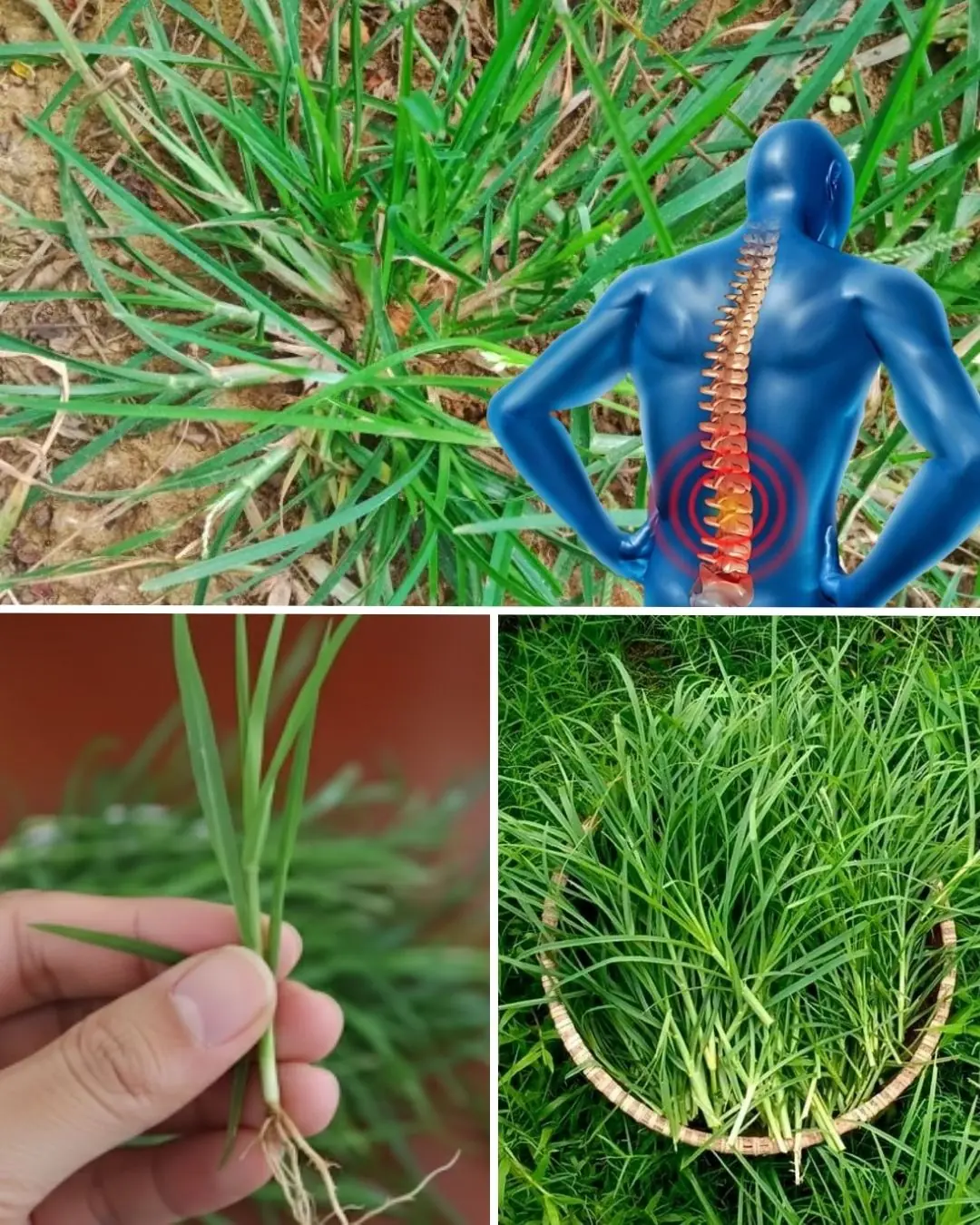
Goosegrass: Nature’s Hidden Wellness Secret
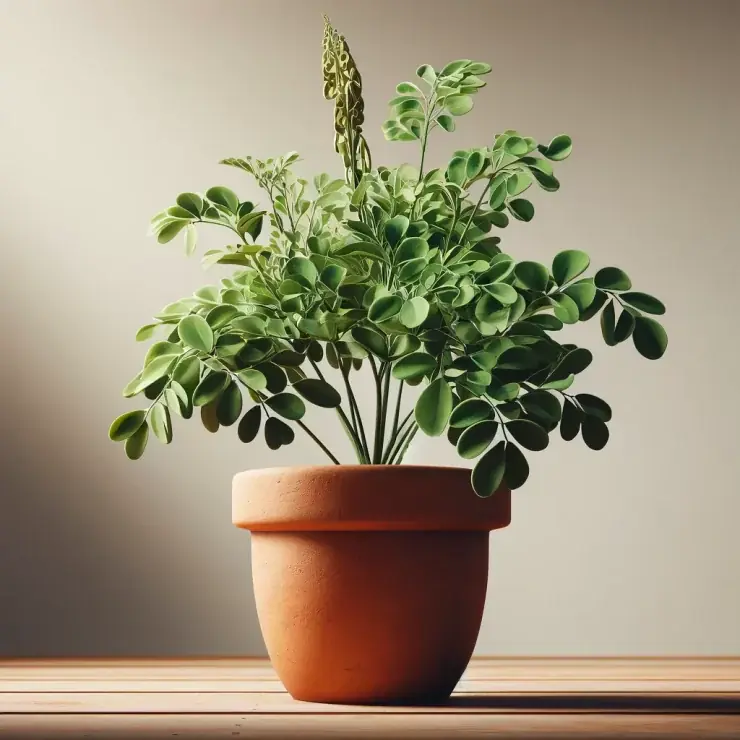
Discover The Miraculous Benefits of Moringa

🚨 ALERT! 7 Strange Signs Your Kidneys Are Crying for Help
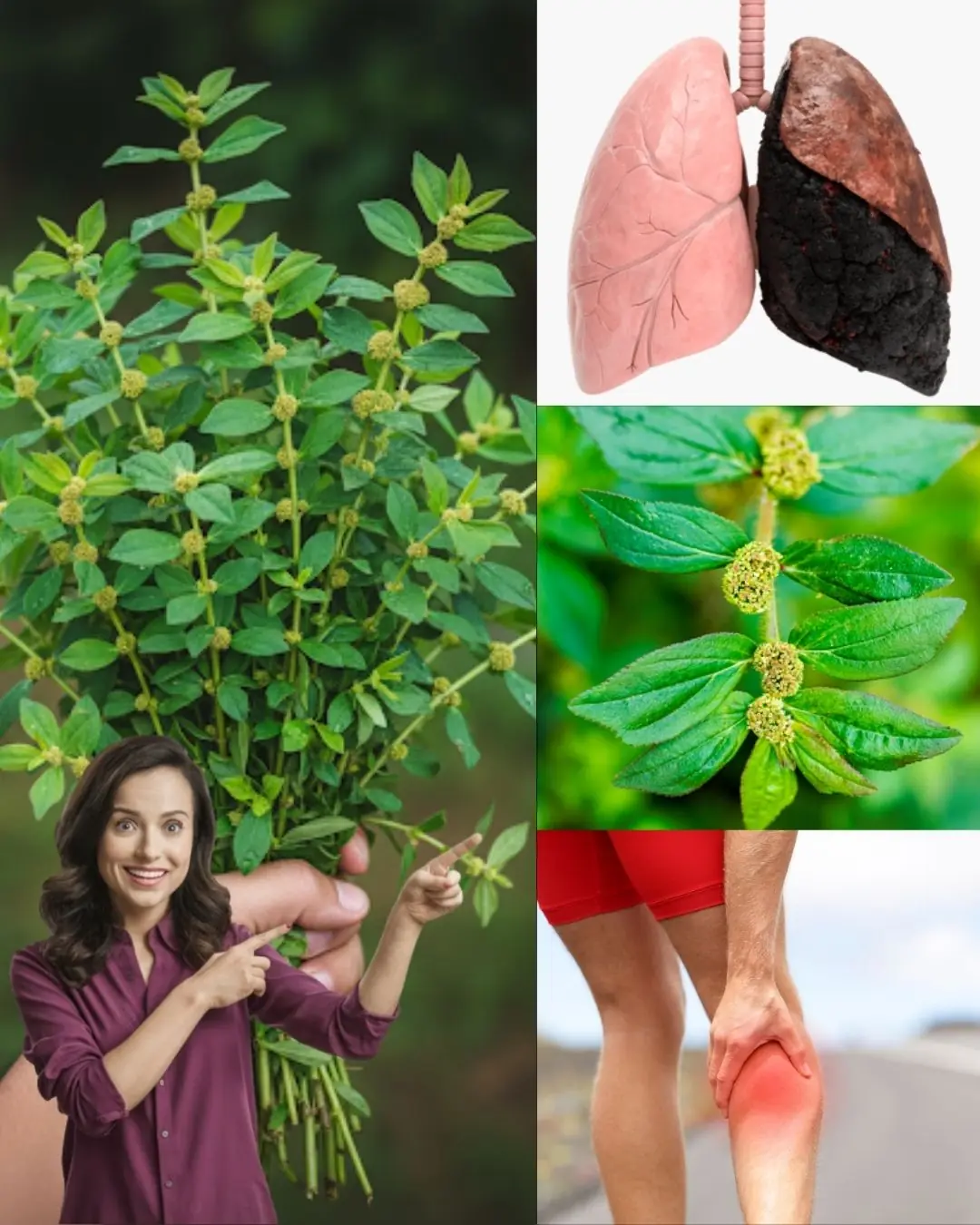
10 Astonishing Benefits of Euphorbia Hirta You Need to Know

7 Surprising Benefits of Lemon and Activated Charcoal
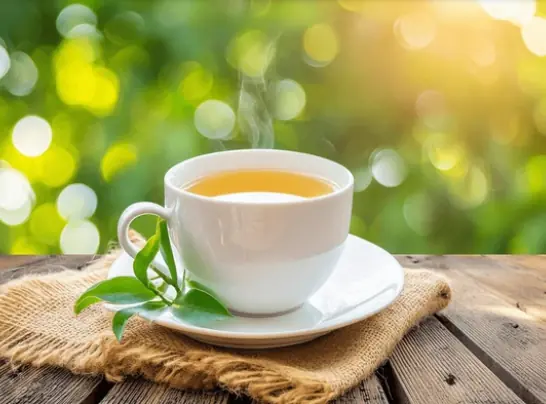
The Best Tea for Mornings and After Dinner: A Powerful Blend for Health
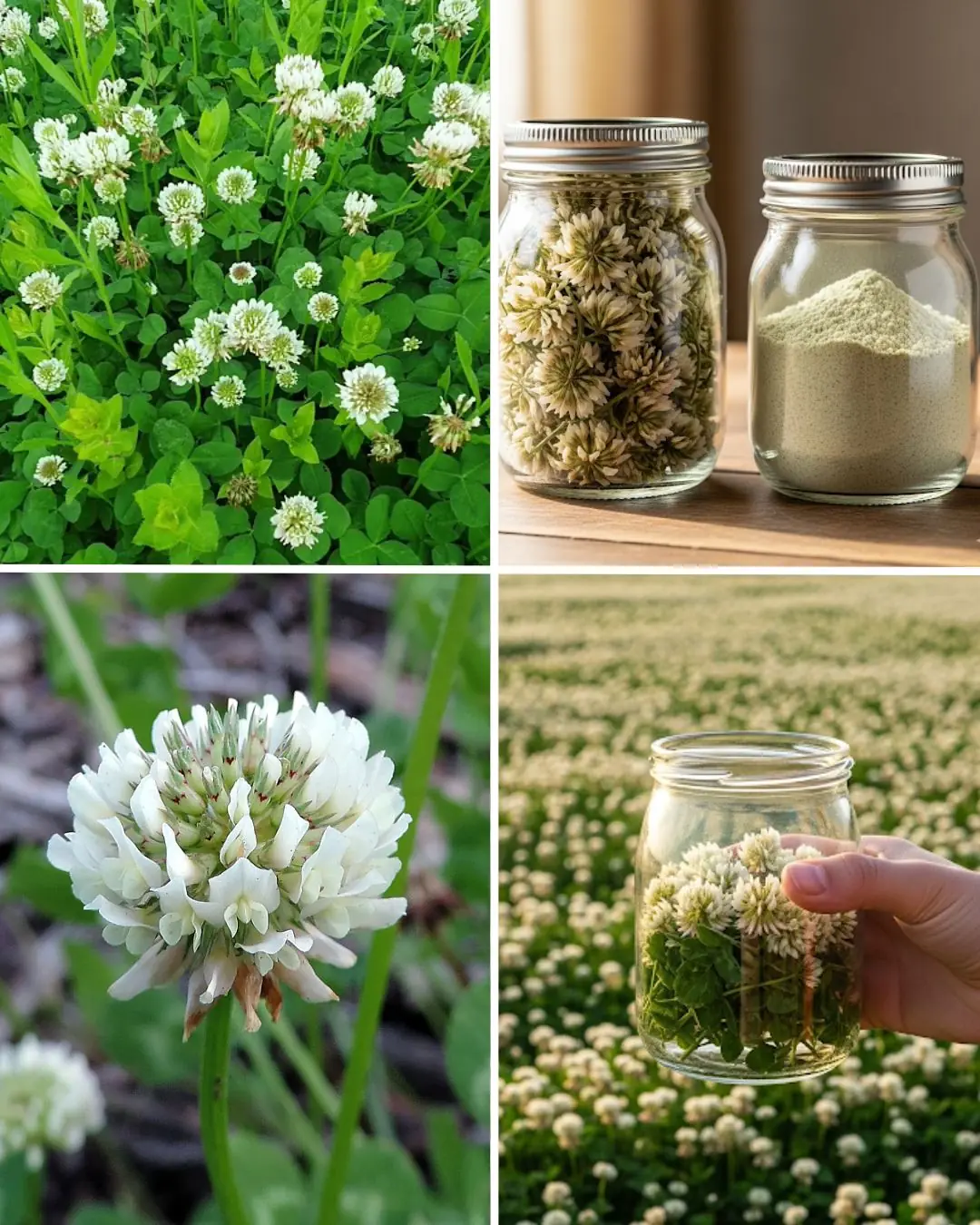
White Clover (Trifolium repens): 15 Benefits and Homemade Uses

18 Powerful Foods That Help Detox Your Kidneys and Cleanse Them Naturally

🥚 What Happens to Your Body When You Eat 2 Eggs Every Day?

11 Benefits of Drinking Okra Water Every Day

The Versatile Uses of Stubborn Grass

Seniors: Take This for 5 Nights and See What Comes Out in Your Stool!
News Post

There’s a “Hidden Switch” on Your Water Heater: Using It Properly Can Make It Last Over 10 Years

There’s a Hidden Button on Your Air Conditioner Remote: Turning It On Can Cut Your Monthly Electricity Bill in Half — Don’t Miss Out If You Don’t Know!

Simple T-Shirt Image Is Driving the Internet Crazy

Great hacks every family needs

Early Signs of Liver Damage & How to Strengthen Your Liver

6 Foods You Shouldn’t Eat With Eggs

Cardiologist Reveals the #1 Exercise to Prevent a Heart Attack

Boost knee cartilage with this simple but powerful drink

A small but effective tip
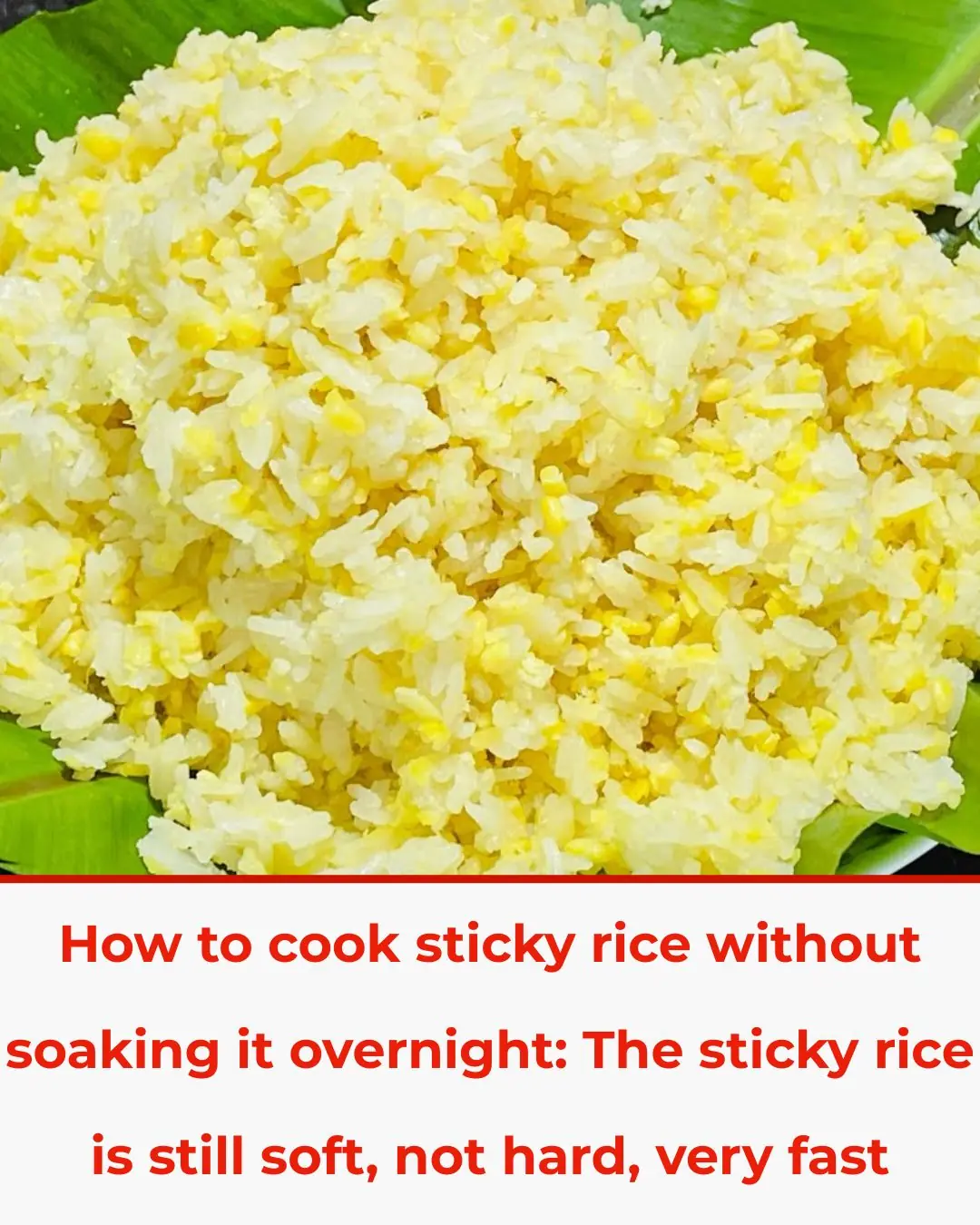
How to Cook Sticky Rice Without Soaking Overnight: Soft, Chewy, and Super Fast

How to Unclog a Sink Drain Without Calling a Plumber

Expiring Food: Should You Buy It or Not? The Answer Might Be the Opposite of What You Think
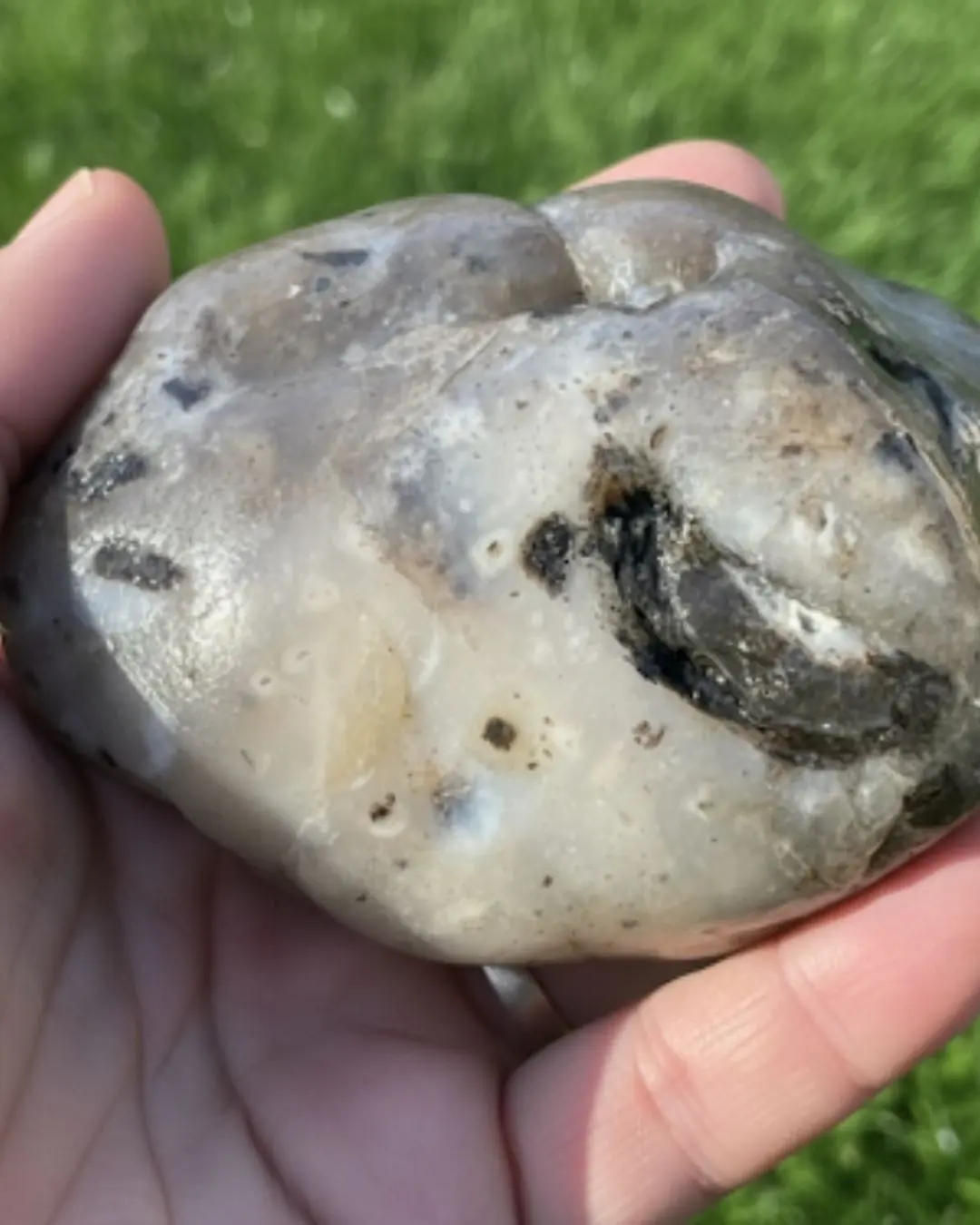
Couple’s Walk Leads to a Rare $70,000 Ambergris
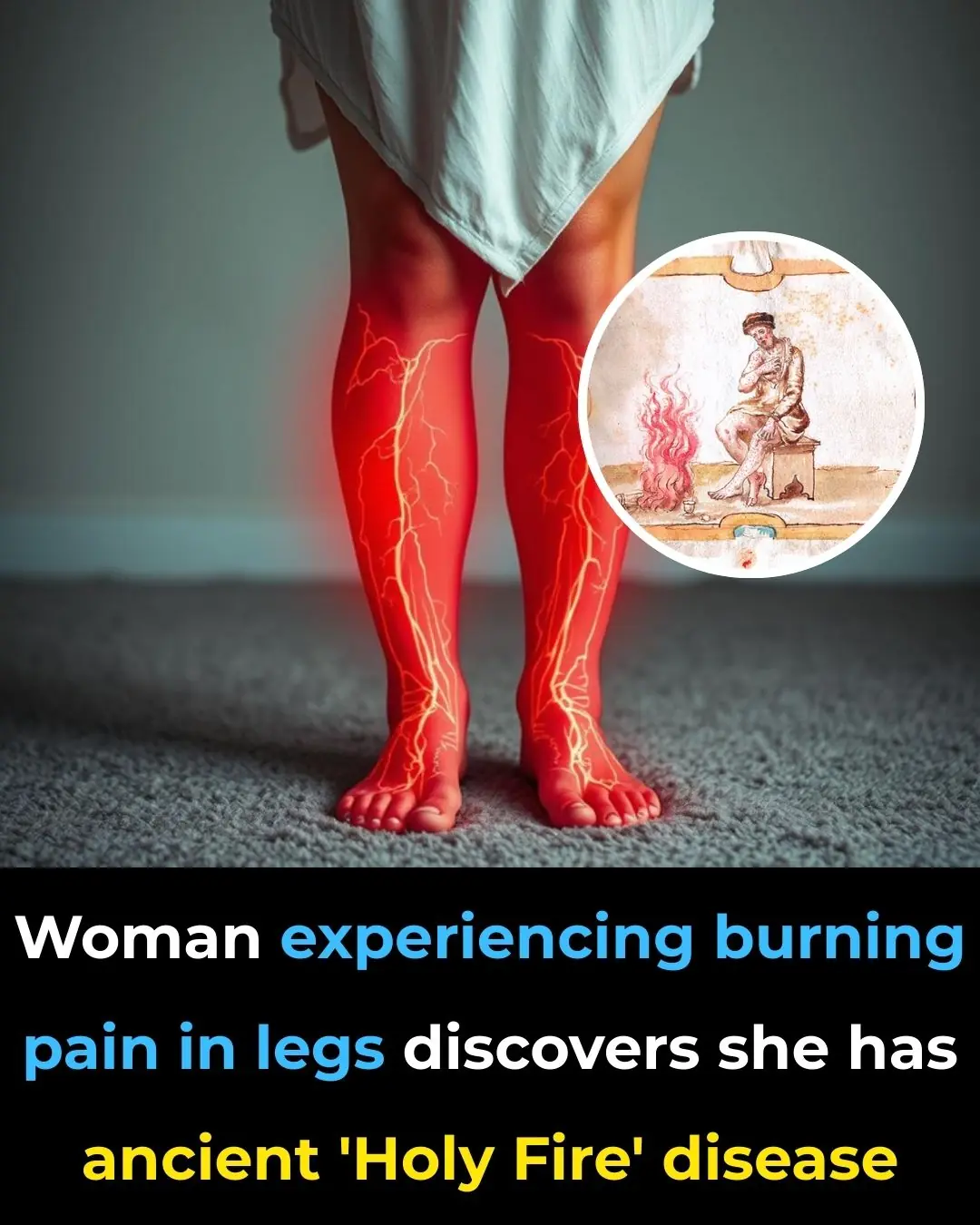
Woman Experiences Intense Leg Pain, Discovers She Has a Rare Ancient Disease Once Called ‘Holy Fire’

Homemade Baking Soda Cream: Say Goodbye to Wrinkles and Dark Spots

Goodbye, Blood Sugar! A Simple Natural Drink That Helps Balance Glucose Levels

Tomato Benefits for Skin – Rub Tomato Slice on Face

Science Reveals How This Physical Trait May Indicate Narcissism

Nighttime Habits That Increase Your Risk of Stroke
